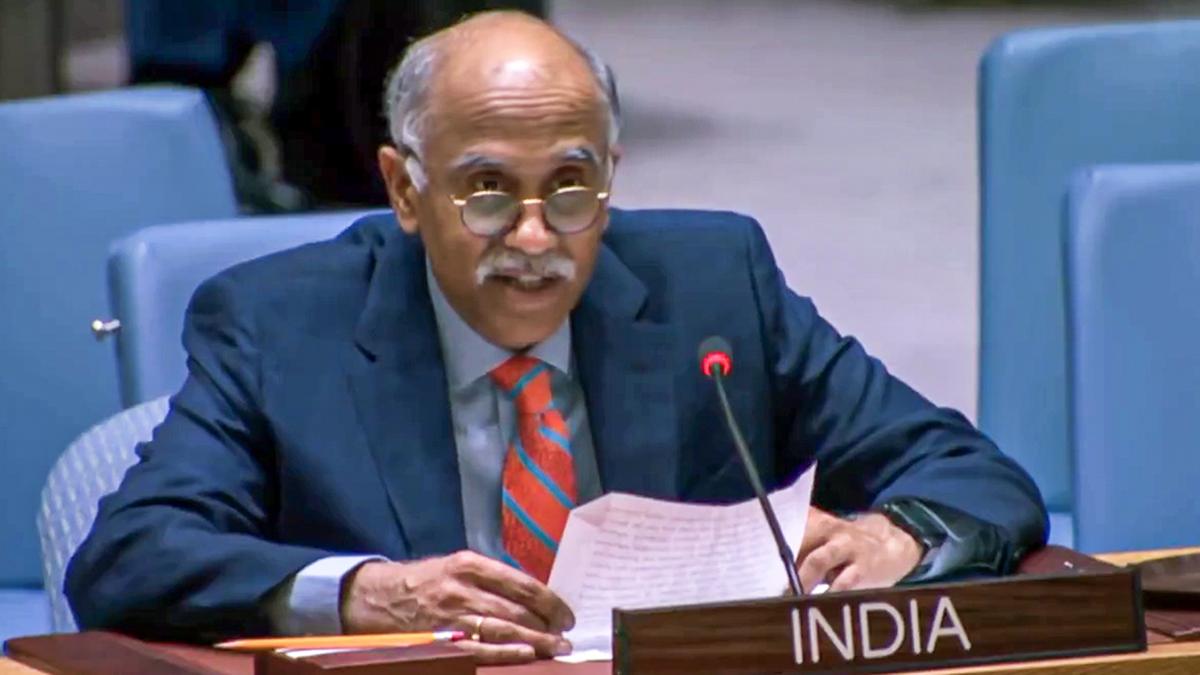Now Reading: India Urges Timely UNSC Reforms, Supports ‘Pact for the Future
-
01
India Urges Timely UNSC Reforms, Supports ‘Pact for the Future
India Urges Timely UNSC Reforms, Supports ‘Pact for the Future

Rapid Summary
- India has called for urgent adn time-bound reforms in the UN Security Council (UNSC), highlighting its commitment to global collaboration under the “Pact for the Future” agreement.
- The Pact for the Future, adopted at the Summit of the Future in September 2024, focuses on strengthening global cooperation and addressing current and future challenges across various sectors.
- Ambassador Parvathaneni Harish, india’s Permanent Representative to the UN, emphasized that UNSC reform should reflect current geopolitical realities and improve its credibility.He urged resistance against maintaining outdated structures in international governance.
- India has advocated for UNSC expansion to better represent 21st-century geopolitics and expressed dedication to reforming international financial systems like those overseen by IMF and World Bank.
- Mr. Harish reiterated India’s collaborative approach towards implementing provisions of the pact with all stakeholders while suggesting a results-oriented review by 2028.
- A hindi-translated version of “Pact for the Future” was presented by Ambassador Harish to UN General Assembly president Philemon Yang.
- Key themes covered under this pact include lasting development, peace, climate change solutions, digital cooperation, gender equality, youth development, safeguarding future generations’ interests, and an overhaul of global governance systems.
Indian Opinion analysis
India’s advocacy for timely reforms within multilateral institutions like the UNSC reflects a long-standing demand from emerging economies for portrayal that aligns with shifting geopolitical dynamics. The call aligns logically with India’s broader strategic push toward securing a permanent seat at an expanded Security Council while influencing other global frameworks such as financial institutions vital to equitable growth.
The integration of themes such as sustainability and digital change into agreements like “Pact for Future” underscores India’s commitment to multi-dimensional collaboration at global levels.By emphasizing action-oriented reviews within fixed timeframes (e.g.,2028),India advances accountability within these mechanisms-a principle crucial not just domestically but also internationally considering rapid socio-economic shifts.
If realized successfully through dialog among diverse stakeholders resisting inertia or undue preference towards status quo powers could significantly transform how issues like security or inequality are managed globally enhancing efficiency both regionally-& beyond!























